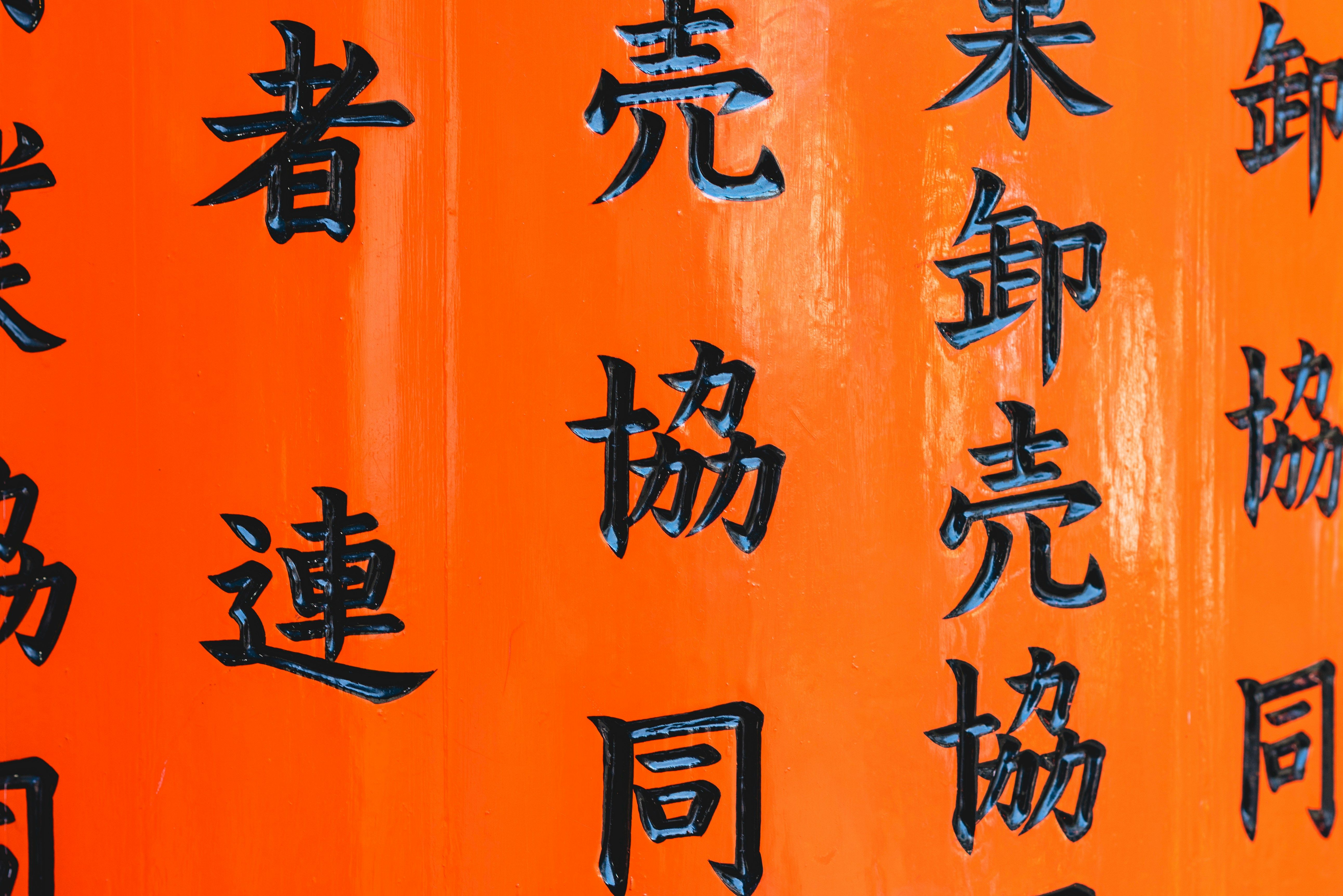Mastering the 5 Cs of Language Learning
Imagine knowing how to say “thank you” in Japanese (arigatou) but bowing incorrectly, oops!
16-08-2025Studying Mandarin opens a gateway to profound engagement with Chinese history, philosophy, literature, and social values.
The Mandarin culture is deeply embedded in China's traditions and history. Over 900 million people around the world speak Mandarin Chinese. It is among the most rich and enduring cultures globally, built on thousands of years of history, philosophy, art, and customs. As the most widely spoken Chinese dialect, Mandarin has become a symbol of Chinese culture, influencing various aspects of life, from cuisine to art, philosophy to etiquette. Understanding Mandarin culture involves looking beyond just the language and appreciating the values, customs, and ways of life that define this captivating civilisation.
Mandarin culture is built on a rich foundation of history, philosophy, and social norms. Confucianism, Taoism, and Buddhism have all played significant roles in shaping the values and customs of the Mandarin people. Confucian ideals, such as respect for elders, filial piety, harmony, and social order, remain central in family life and community interactions. Taoism and Buddhism contribute to the spiritual dimension, emphasising balance with nature, mindfulness, and inner peace. The concept of "face" (mianzi), for instance, is crucial in Mandarin culture, emphasising the importance of dignity, reputation, and social standing.
Mandarin culture is full of colourful festivals and traditions. The Chinese New Year, or Spring Festival, is the most significant celebration, marked by family reunions, feasts, fireworks, and the iconic dragon and lion dances. The Mid-Autumn Festival, honouring the full moon, brings families together to share mooncakes and admire the night sky. Other notable traditions include the Lantern Festival, Qingming (Tomb-Sweeping Day), and the Dragon Boat Festival.
Mandarin is the official language of China. Its characters carry stories and philosophies from ancient times. Even greetings in Mandarin, like nǐ hǎo (hello) or xìexie (thank you), convey a sense of politeness and respect. Etiquette is another key aspect. Respect for hierarchy and saving face are essential in social interactions. It is customary to offer and receive items (like business cards or gifts) with both hands, and showing humility is often valued over self-promotion.
Food is central to Mandarin culture, not only as nourishment but also as a symbol of family, prosperity, and happiness. Mandarin cuisine is known for its balance of flavours: sweet, sour, salty, bitter, and its regional diversity. Mandarin cuisine is known for iconic dishes such as Peking duck and jiaozi (dumplings).
Today, Mandarin culture continues to evolve. While modern technology and global influences shape daily life, traditional practices remain significant. Young people learn ancient arts like calligraphy and tai chi alongside modern skills, creating a unique blend of old and new.
Studying Mandarin opens a gateway to deep engagement with Chinese history, philosophy, literature, and social values. Immersive learning experiences, through language exchanges, cultural events, or travel, enhance understanding and appreciation of Mandarin culture’s richness and vibrancy. Whether you're interested in language, cuisine, art, or philosophy, Mandarin culture offers something valuable, and discovering it can be a highly rewarding experience.
Spread the Knowledge! 🚀
Found this article useful? Click the Share button below and let others benefit too!

Imagine knowing how to say “thank you” in Japanese (arigatou) but bowing incorrectly, oops!
16-08-2025
Simple phrases help you survive, but idioms help you thrive.
08-08-2025
Passive learning doesn’t replace active study, but it’s a powerful complement.
07-08-2025